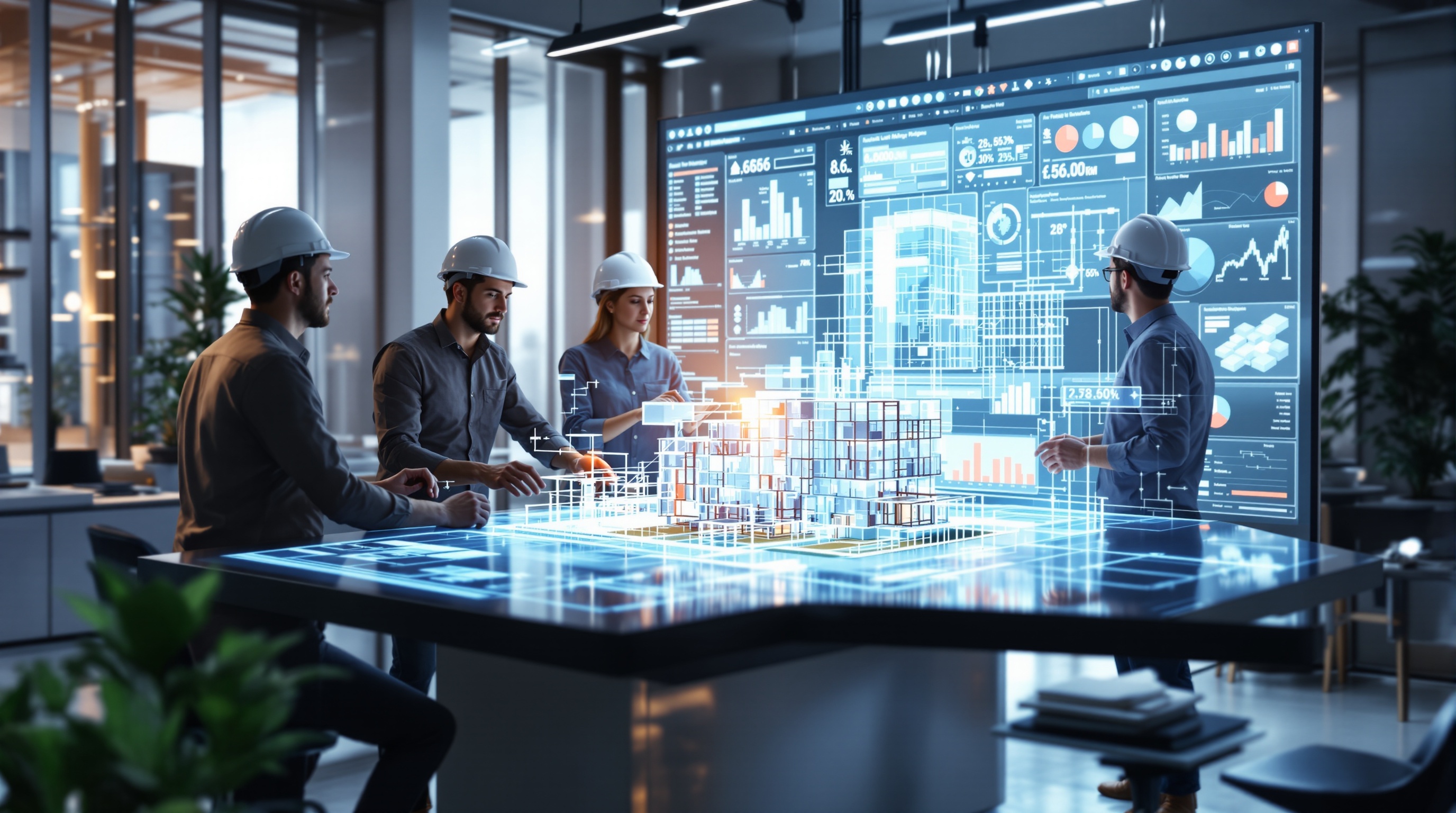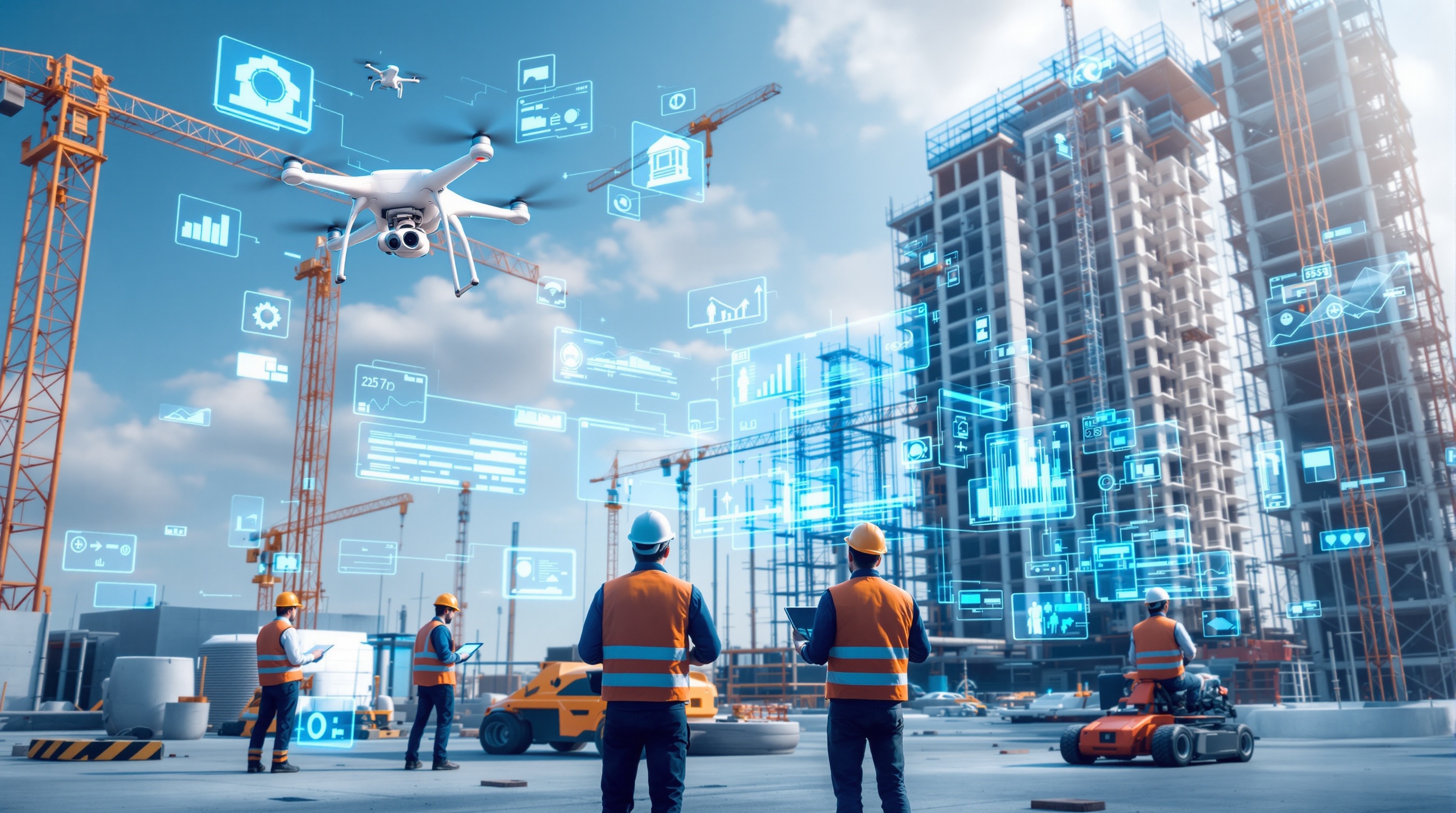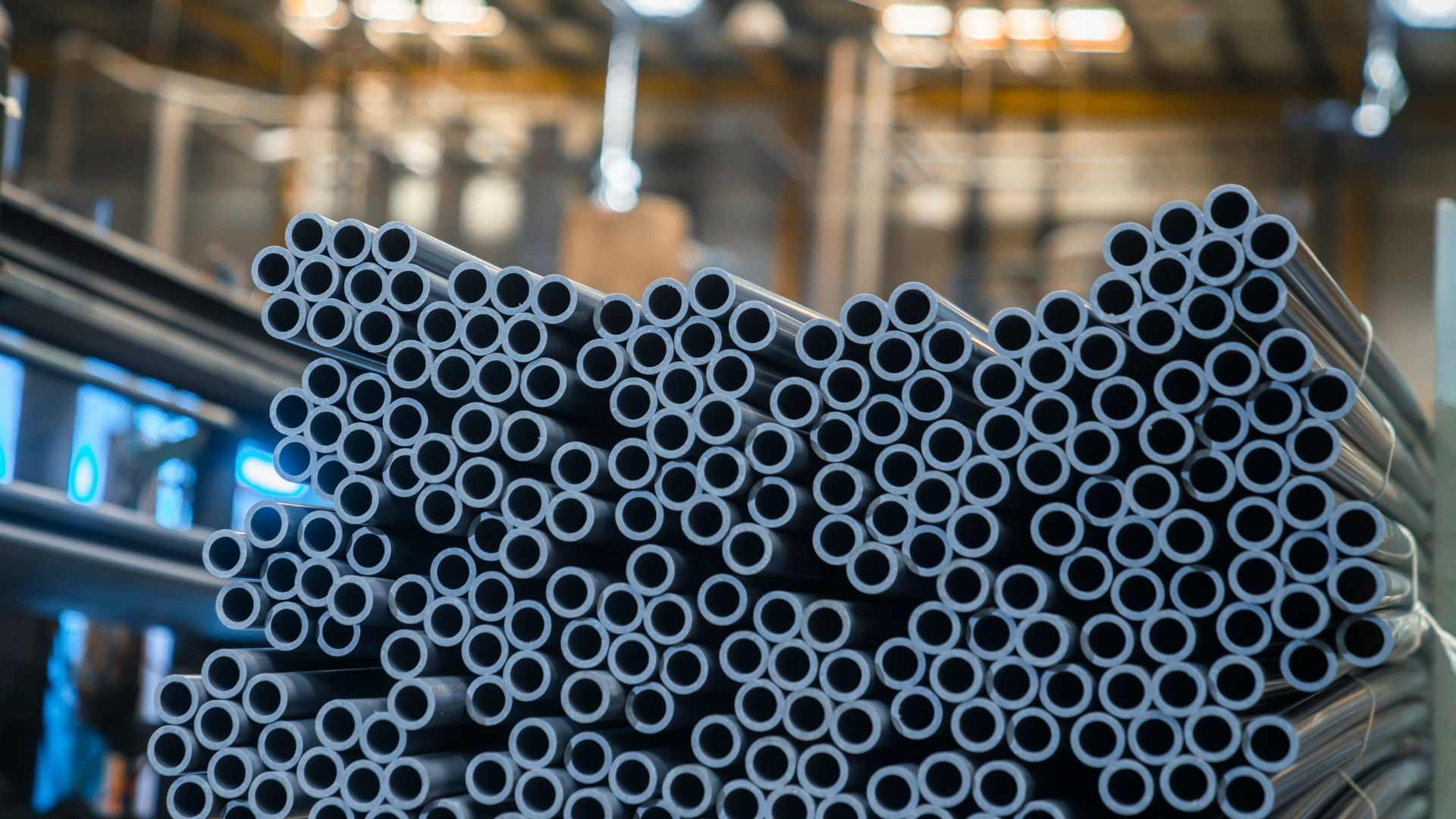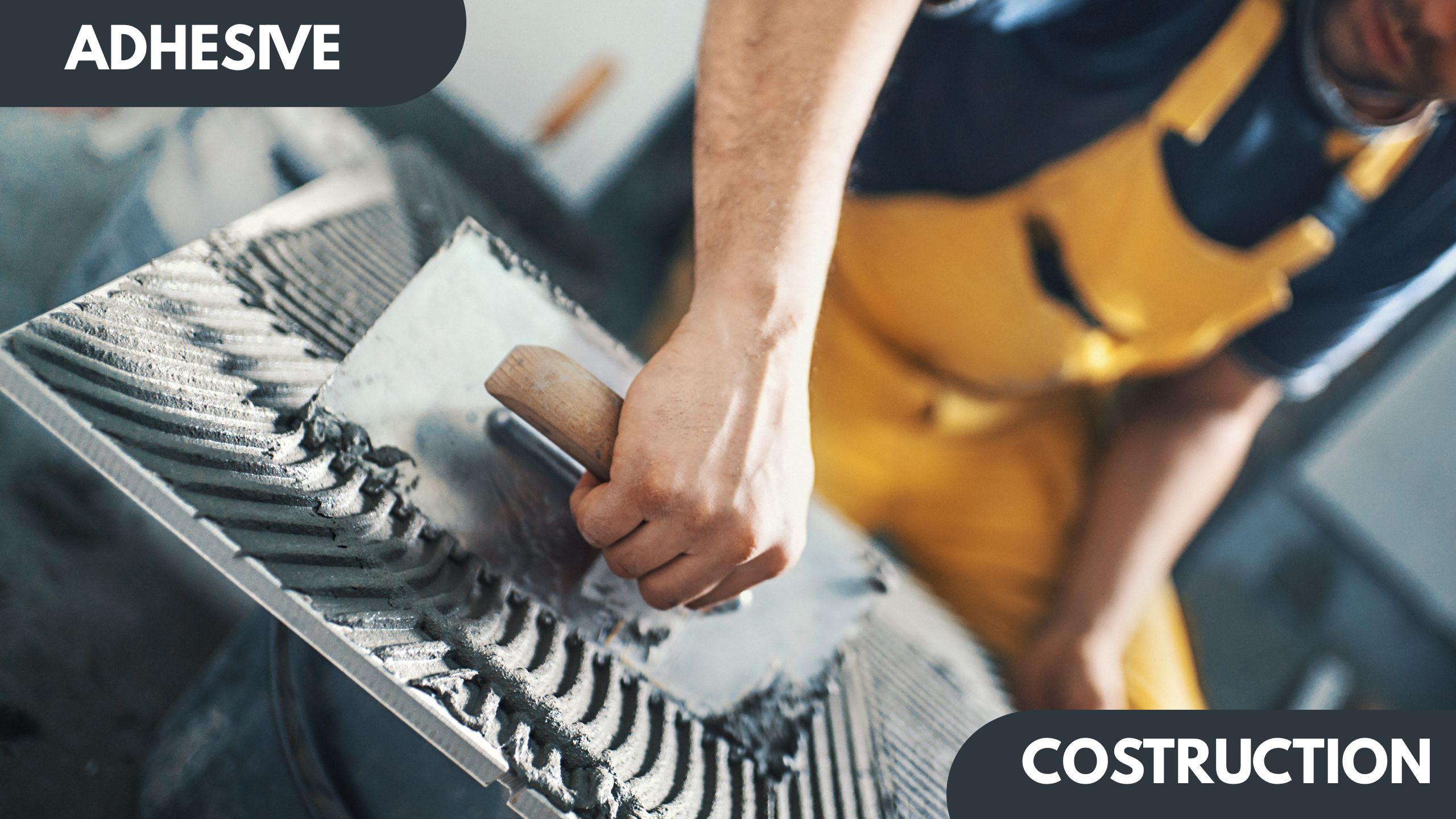How AI Will Help the Construction Industry in the Future
How AI Will Help the Construction Industry in the Future

Artificial Intelligence (AI) is transforming the construction industry — not in a sci-fi way, but through real, practical tools that help engineers, architects, and contractors every day. In the coming years, AI will play a bigger role in project planning, design, and site management, helping make construction work more efficient, safe, and reliable.
1. Smarter Project Planning and Scheduling
One of the biggest challenges in construction is keeping projects on time and within budget. AI-powered software can analyze data from hundreds of past projects to predict possible delays, cost overruns, or manpower shortages.
For example, if may bad weather forecast or material shortage, AI can automatically adjust schedules to minimize delays. This kind of predictive planning saves both time and money — malaking tulong sa project managers.
2. Improved Design and Engineering
In engineering, AI is helping create safer and more efficient designs. Through generative design software, engineers can input goals such as cost, materials, and load requirements — and the AI will generate multiple options that meet those criteria.
It also helps identify weak points in a structure even before construction starts, reducing costly revisions later on. Talagang game-changer for architects and engineers.
3. Enhanced Site Monitoring and Safety
AI-driven cameras and drones are now being used to monitor construction sites. These systems can detect unsafe practices, check if workers are wearing proper PPE, and track equipment movement.
With real-time data, safety officers can act faster to prevent accidents. AI can even generate automatic daily reports — less paperwork, more focus on the job site.
4. Efficient Equipment and Maintenance
Heavy equipment like excavators and cranes can be equipped with sensors that collect performance data. AI analyzes this data to predict when maintenance is needed, preventing breakdowns and downtime.
This predictive maintenance feature keeps machines running smoothly and helps save on repair costs — tipid sa gastos, tuloy ang trabaho.
5. Smarter Cost Estimation and Bidding
AI tools can now scan blueprints and quickly generate detailed cost estimates. Instead of manually computing materials, AI-based quantity takeoff software provides instant results with high accuracy.
This speeds up the bidding process, reduces human error, and gives contractors more confidence in their pricing — perfect for competitive markets.
6. Sustainability and Energy Efficiency
As the industry moves toward greener and more sustainable construction, AI can help optimize energy use and material selection. It can simulate how a building will perform and suggest improvements for better energy efficiency.
This means builders can make smarter, eco-friendly decisions without compromising design or cost.
7. Better Collaboration and Documentation
AI is also improving communication and documentation. With the help of natural language processing, AI can summarize meetings, organize files, and detect potential conflicts in Building Information Models (BIM).
Mas clear ang communication between engineers, contractors, and clients — less miscommunication, smoother workflow.
Final Thoughts

AI won’t replace people in the construction industry — it will empower them. Engineers will still design, builders will still build, and managers will still make key decisions.
But with AI handling repetitive tasks and analyzing data faster, the industry becomes smarter, safer, and more efficient.
In short, the future of construction isn’t about robots — it’s about smarter tools that help people build better.
- #construction
- #contractor
- #Digital Contractors
- #AI





